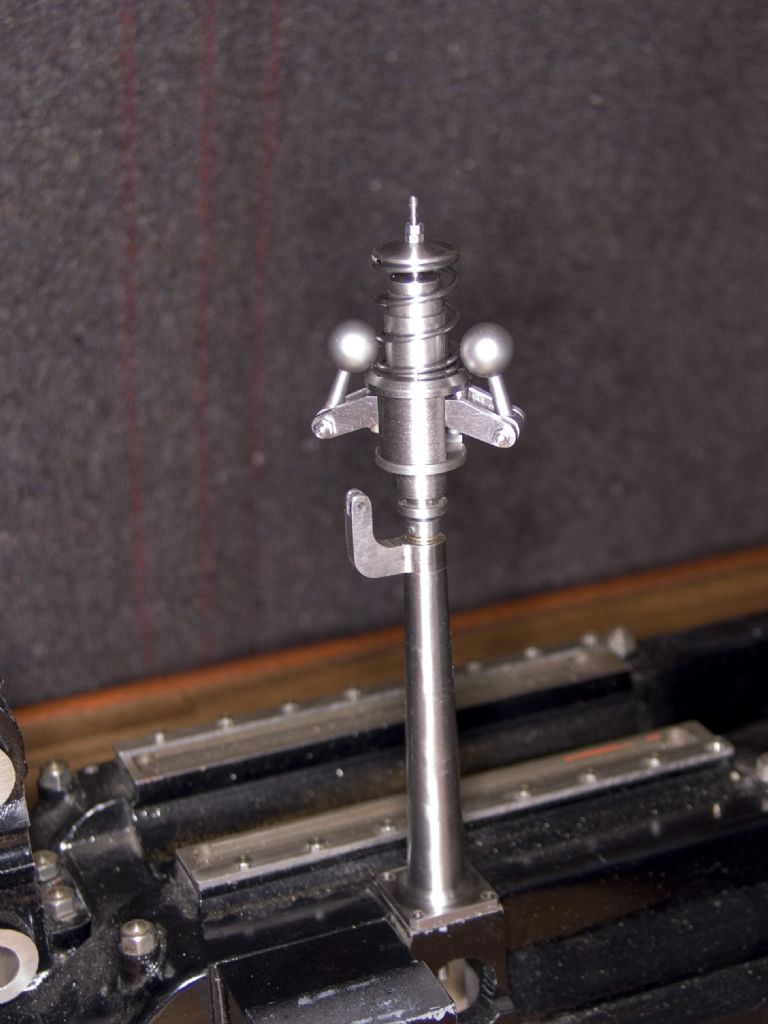Posted by Tim Stevens on 05/04/2022 20:37:30:
The effect of Hydrochloric acid is likely to depend on the grade of stainless used. There are 'marine' grades used for yatch chandlery which are much more resistant to sea water corrosion. And the main problem in sea water is the chloride content.
And PS – we learn above that chlorine bubbled through HCl is used instead of aqua regia to attack gold. Could this possibly have been a mis-remembering and the conc acid involved was nitiric. perhaps?
Regards, Tim
Yes, you are either mis-remembering or never completely knew. Aqua Regia is typically 2/3rds hydrochloric and 1/3rd nitric. The nitric is required as an oxidising agent.
To dissolve precious metals, one requires an oxidising acidic environment. Hydrochoric/Nitric acid mixture historically provided a suitable mixture for dissolving gold.
However, to recover all of the gold, one needs to remove all of the nitrates in order to recover the gold quantitatively. The adoption of using Chlorine as the oxidising agent avoids the introduction of nitrates, which, if any is left in the solutions it prevents the last small losses in the effluent.
Nascent hydrogen was ineffective in completely destroying the residual nitrates in solution, thereby leaving a small amount of gold in solution after reducing with sulphite. We were recovering trace amounts from multiple cubic meters of effluent, before it was dumped down the drain – a bit different to laboratory beaker experiments!
 JA.
JA.




